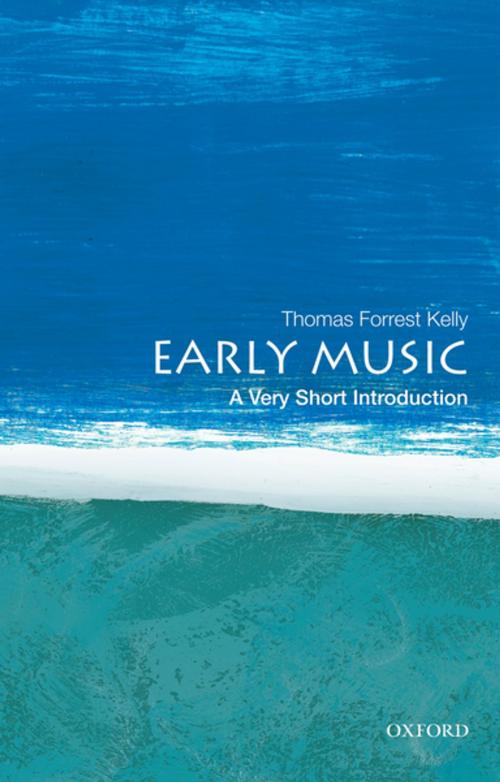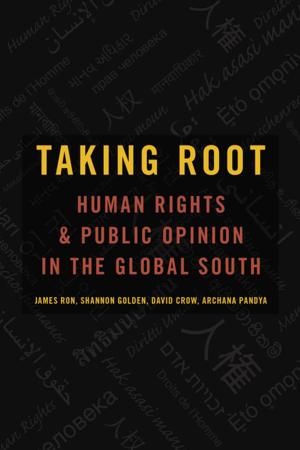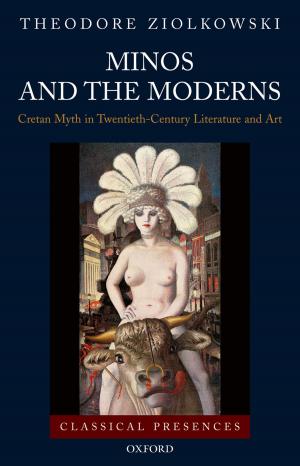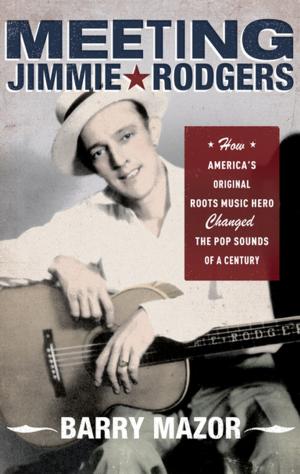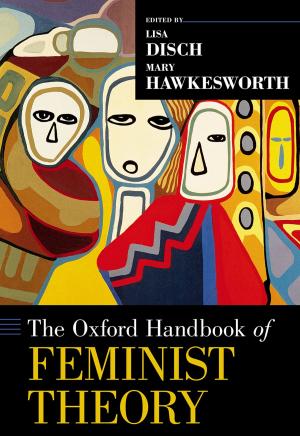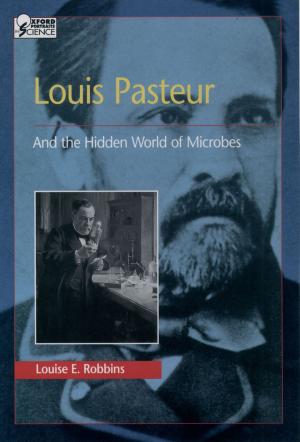Early Music: A Very Short Introduction
Nonfiction, Entertainment, Music, Theory & Criticism, History & Criticism, Music Styles| Author: | Thomas Forrest Kelly | ISBN: | 9780199831890 |
| Publisher: | Oxford University Press | Publication: | April 25, 2011 |
| Imprint: | Oxford University Press | Language: | English |
| Author: | Thomas Forrest Kelly |
| ISBN: | 9780199831890 |
| Publisher: | Oxford University Press |
| Publication: | April 25, 2011 |
| Imprint: | Oxford University Press |
| Language: | English |
From Gregorian chant to Bach's Brandenburg Concerti, the music of the Medieval, Renaissance, and Baroque periods is both beautiful and intriguing, expanding our horizons as it nourishes our souls. In this Very Short Introduction, Thomas Forrest Kelly provides not only a compact overview of the music itself, but also a lively look at the many attempts over the last two centuries to revive it. Kelly shows that the early-music revival has long been grounded in the idea of spontaneity, of excitement, and of recapturing experiences otherwise lost to us--either the rediscovery of little-known repertories or the recovery of lost performing styles, with the conviction that, with the right performance, the music will come to life anew. Blending musical and social history, he shows how the Early Music movement in the 1960s took on political overtones, fueled by a rebellion against received wisdom and enforced conformity. Kelly also discusses ongoing debates about authenticity, the desirability of period instruments, and the relationship of mainstream opera companies and symphony orchestras to music that they often ignore, or play in modern fashion.
From Gregorian chant to Bach's Brandenburg Concerti, the music of the Medieval, Renaissance, and Baroque periods is both beautiful and intriguing, expanding our horizons as it nourishes our souls. In this Very Short Introduction, Thomas Forrest Kelly provides not only a compact overview of the music itself, but also a lively look at the many attempts over the last two centuries to revive it. Kelly shows that the early-music revival has long been grounded in the idea of spontaneity, of excitement, and of recapturing experiences otherwise lost to us--either the rediscovery of little-known repertories or the recovery of lost performing styles, with the conviction that, with the right performance, the music will come to life anew. Blending musical and social history, he shows how the Early Music movement in the 1960s took on political overtones, fueled by a rebellion against received wisdom and enforced conformity. Kelly also discusses ongoing debates about authenticity, the desirability of period instruments, and the relationship of mainstream opera companies and symphony orchestras to music that they often ignore, or play in modern fashion.
